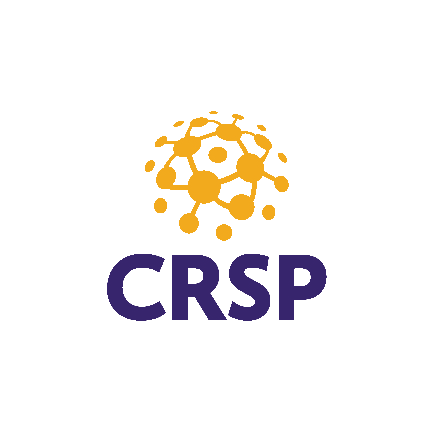Bridging the Justice Gap: Supporting Precarious Migrants in Rural Ontario
Understanding Barriers, Building Solutions, and Amplifying Voices
Migrants with precarious legal status in Canada face systemic exclusion from social services, labuor rights, and justice. While their contributions to rural economies are vital, their struggles remain invisible. This research project, in partnership with the Community Legal Clinic Brant, Haldimand & Norfolk (CLC-BHN), investigates the challenges these migrants face in accessing legal aid in rural Southern Ontario. By centering their experiences, we aim to empower organizations to dismantle barriers and foster equitable access to justice.
Principal Investigator: Nuha Dwaikat-Shaer, PhD, Wilfrid Laurier University (WLU)
Collaborators: Carrie Sanders, PhD (WLU), Bree Akesson, PhD (WLU) and Jessica Braimoh, PhD (York University).
Research Assistants: Toyin Kareem, PhD, Janna El-Daly and Claudia Khwale
What is Precarious Status?
Precarious status refers to migrants with temporary authorization (e.g., temporary workers, international students, refugee claimants) or no legal status (e.g., expired permits, denied refugee claims). These individuals live in instability, often excluded from healthcare, labour protections, and social services.
The Problem
- Rural migrants face unique barriers: geographic isolation, lack of transportation, and eligibility restrictions.
- Legal aid is critical to addressing workplace exploitation, residency challenges, and access to healthcare and education.
- Existing research focuses on urban settings, leaving rural realities overlooked.
Our Mission
To amplify the voices of precarious migrants and equip organizations like CLC-BHN with evidence-based strategies to improve legal support and social inclusion.
Research Objectives
- Document how precarious migrants navigate legal aid systems in rural Southern Ontario.
- Analyze the impact of legal aid access (or lack thereof) on daily life, labour rights, and social services.
- Identify institutional, socio-economic, and cultural barriers to justice.
- Empower legal aid organizations to combat vulnerabilities and advocate for systemic change.
Methodology
A Community-Centered Approach
- Qualitative Interviews: In-depth conversations with 9 precarious migrants and 12 legal/social service providers.
- Data Analysis: Constructivist grounded theory to prioritize migrant voices, supported by NVivo12 software for thematic coding.
- Triangulation: Cross-referencing insights from migrants, practitioners, and existing literature to ensure robust findings.
Outcomes
- Actionable recommendations for CLC-BHN to enhance service delivery.
- Policy briefs to advocate for systemic changes in rural legal aid
The Ripple Effect
Without legal aid, precarious status perpetuates cycles of poverty and exclusion, undermining individual and community well-being.
Key Challenges for Migrants
- Labour Exploitation: Unpaid wages, unsafe conditions, and fear of employer retaliation.
- Healthcare & Education: International students and farmworkers often ineligible for critical services.
- Geographic Barriers: Limited public transit forces migrants to travel 50+ km for support.
Community Legal Clinic Brant, Haldimand & Norfolk (CLC-BHN)
A Legal Aid Ontario-funded nonprofit serving rural communities, including migrant farmworkers and international students.
- Focus Areas: Labour rights, residency negotiations, healthcare access.
- Impact Goal: Use research insights to design targeted interventions and expand outreach.
Centre for Research on Security Practices (CRSP)
Academic partner ensuring rigorous, ethical research practices.
- Precarious Migrants: By amplifying their voices and addressing systemic inequities.
- Legal Aid Organizations: Gain tools to improve accessibility and effectiveness.
- Rural Communities: Strengthened social inclusion and economic justice for all residents.
- Share stories or resources related to migrant experiences.
- Partner with us to expand outreach or funding opportunities.
Podcast: Coming soon on CRSP Talk
Conference: CAWLS 2025 Annual Conference - May 28–30, 2025
Beyond Boundaries: Workers’ Struggles and Strategies Across Space and Time
School of Labour Studies, McMaster University, Hamilton, Ontario
Our Session: JEUDI 29 MAI // THURSDAY MAY 29, 09:00 – 10:30
A4 – Institutional Barriers to Decent Work for Migrant Workers
Presentation title: Barriers and Pathways: Migrant Workers’ Access to Legal Aid in Rural Southern Ontario
